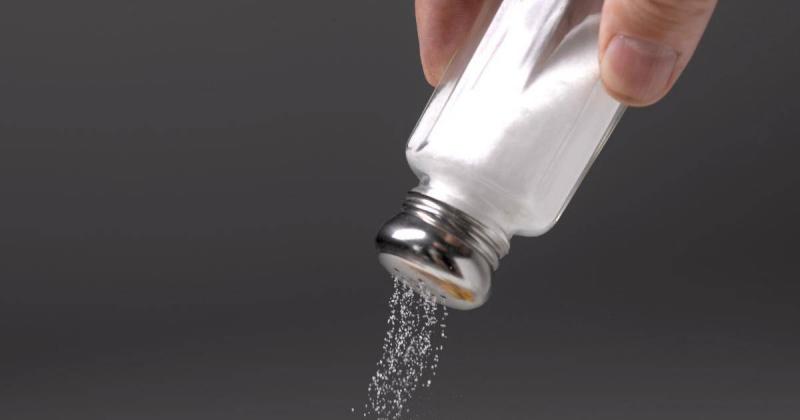Before you reach for that salt shaker to add flavor to your next meal, you might want to consider the findings of a recent study. Nutrition experts from the Public Health Center at the University of Vienna have discovered a startling link between high salt consumption and an increased risk of stomach cancer. The study findings indicate that individuals in the United Kingdom who regularly added extra salt to their meals were 41% more likely to develop stomach cancer compared to those who used salt sparingly or in moderation.
This study supports the results of previous scientific research, which suggested that excess salt could erode the protective lining of the stomach, leading to tissue damage and, consequently, cancerous mutations. To arrive at these conclusions, researchers at the University of Vienna analyzed a database containing health data for 471,144 adults in the UK over an 11-year period.
The alarming correlation found that participants who consumed salt heavily or in excess had a 41% higher risk of stomach cancer compared to individuals who rarely added salt to their food. Importantly, this association remained valid even when other variables such as age, socioeconomic status, and lifestyle choices, like alcohol consumption and smoking, were accounted for, as reported by the British newspaper "Daily Mail."
Commenting on the study, the lead author, Selma Kronsteiner Jesuvich, a nutrition specialist at the University of Vienna, said, "Our research demonstrates the relationship between the frequency of adding salt to food and the risk of stomach cancer. This study will increase awareness of the negative effects of excessively high salt consumption and provide a basis for preventive measures against stomach cancer."
This research serves as a potent reminder of the impact dietary choices can have on our health, especially the risks associated with high salt intake.



